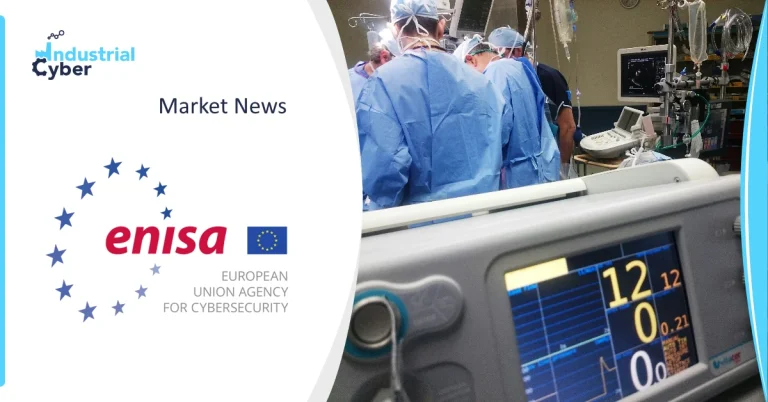The European Union Cybersecurity Agency (ENISA), in collaboration with the Hungarian National Cybersecurity Center and Semmelweis University, will host the 9th eHealth Security Conference. This day-long event focused on eHealth cybersecurity challenges and was held in Budapest on Wednesday, November 6, 2024.
In recent years, healthcare data and systems have become a prime target for cybercrime. The complex healthcare ecosystem faces several cybersecurity challenges and can be easily compromised by ransomware, cybercrime, malicious actors, phishing campaigns, and more. The eHealth Security Conference facilitates the exchange of valuable insights into these growing challenges and strengthens collaboration with the public in this field. Private companies against cyber threats.
The eHealth Security event will focus on aspects related to the implementation of the NIS2 Directive in the healthcare sector and focus on EHDS, AI, and other eHealth policy developments.
In the same context, the eHealth Security conference will include sessions dedicated to the ever-changing threat landscape and health data sharing issues, inviting experts from different member states to provide their insights and expertise on these topics. Share your knowledge.
The eHealth Security Conference was a great opportunity for attendees to stay on top of the latest trends and best practices, connect with experts and industry influencers, and build valuable relationships.
Increasing digitization and interconnectivity in the healthcare sector has significantly increased the sector's exposure to cyber threats, raising concerns that healthcare data will become a target for cybercrime. According to the 2024 ENISA Threat Landscape Report, 487 of the total reported incidents analyzed were related to the healthcare sector, of which 45 percent were ransomware attacks and 28 percent were data breaches.
Highlighted by recent regulatory developments such as the transposition of NIS2 and the upcoming European Health Data Space (EHDS), issues surrounding cybersecurity and health data sharing in the healthcare sector are in the spotlight. This subject is further emphasized in the political guidelines set for the European Commission for the period 2024-2029, with the new Commission to develop a European Action Plan for the Cybersecurity of Hospitals and Healthcare Providers. is promised.
In this context, presentations and expert sessions reflecting the national perspectives of EU Member States encouraged participants to further discuss the evolving healthcare cybersecurity landscape and associated challenges and opportunities. This exchange of valuable insights was aimed at advancing efforts to strengthen the sector's public and private organizations against cyber threats.
Last July, ENISA reported that ransomware is one of the biggest dangers in the healthcare industry, ranking first both in terms of number of occurrences and impact on healthcare organizations. Such attacks accounted for a significant portion of the identified incidents (116 incidents, 54%) and included several high-profile and highly publicized incidents during the reporting period. Given the potential for cyber incidents to delay triage and treatment, patient safety has become a top priority for the healthcare community.


